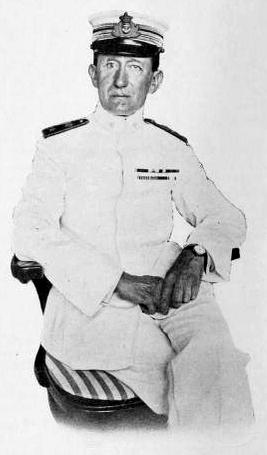| " | Send the Wireless Men Abroad Immediately" |
 |
=========== "My Word to the Amateur of America is: Begin at Once Some Form of Military Training" =========== |
| " | Send the Wireless Men Abroad Immediately" |
 |
=========== "My Word to the Amateur of America is: Begin at Once Some Form of Military Training" =========== |